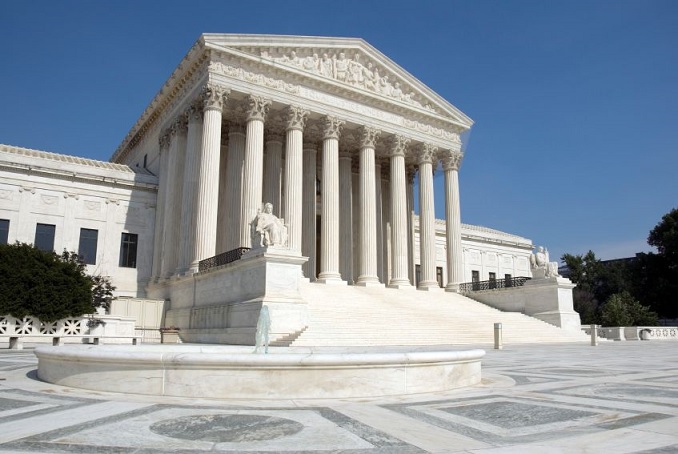
In a unanimous decisions, The US Supreme Court ruled Wednesday in Obduskey v. McCarthy & Holthus LLP that a business conducting nothing more than a security interest enforcement action, is not a “debtor collector” under the Fair Debt Collection Practices Act (FDCPA), except in enforcing security interest under actions covered under 15 USC §1692f(6).
Political activist and homeowner, Dennis Obduskey filed a lawsuit against the law firm of McCarthy & Holthus after they attempted to enforce a nonjudicial foreclosure on his Colorado home. Attorney, McCarthy sent pre-foreclosure letters to Obduskey regarding the impending foreclosure, to which Obduskey responded by accusing the law firm was in violation of 15 USC §1692g(b) in regards to it’s mandated disputed debt verification procedure requirements.
Lower courts were in disagreement as to whether the FDCPA applied to non-judicial foreclosure proceedings, but Wednesday’s decision clarified the dispute at the highest level. Lenders and debt collectors generally prefer non-judicial foreclosure proceedings because it accelerates the timeframe of the process, and as there is rarely any post foreclosure remedy of judgement enforcement available.
The decision is unfortunate for the thousands relevant consumers in the 29 states that allow non-judicial foreclosure proceedings who would have been afforded relief by the decision that a business conducting in the action of security enforcement, such as a repossession or foreclosure was a debtor collector.
The court was completely unconvinced by Obduskey’s arguments and chose to rely on the FDCPA text in itself as well as legislative history, to come to the decision that: ” those whose ‘principal purpose … is the enforcement of security interests’ outside the scope of the primary ‘debt collector’ definition, §1692a(6), where the business is engaged in no more than the kind of security-interest enforcement at issue, “nonjudicial foreclosure proceedings.”
Concurring opinions were shared by Justice Stephen Breyer and Justice Sonia Sotomayor. Sotomayor later appealed to Congress to clarify if the Supreme Court interpreted the statute incorrectly and further, stated that this decision in itself does not provide “blanket immunity” for abusive debt collection practices by the businesses relative to the enforcement of security interests.










